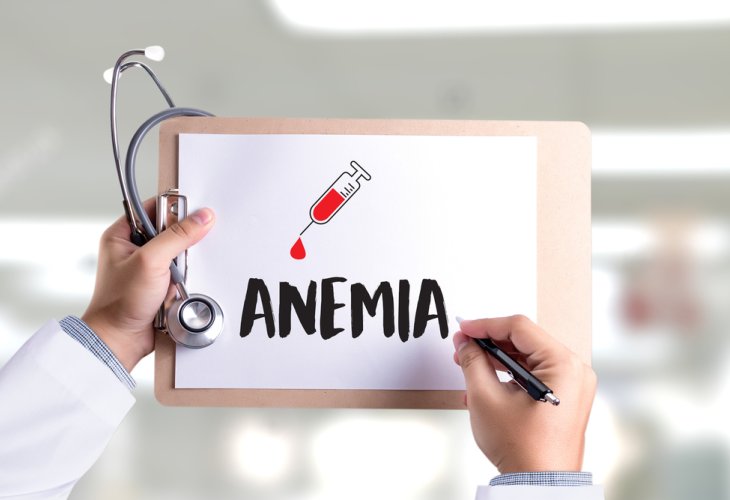The Iron Essentials: Who Needs More and Why?
Discover which group is prone to iron deficiency and how to boost its absorption naturally.
 (Photo: shutterstock)
(Photo: shutterstock)One common myth about vegetarianism is that vegetarians lack iron. This is not true. You can get iron from plant-based foods, and its absorption is often better.
Who is Often Iron Deficient?
Iron deficiency is a widespread issue among women of childbearing age and the elderly due to reduced absorption capacity. Women in their reproductive years need about 18 mg of iron daily, and during pregnancy, about 27 mg per day. Men require 8 mg daily.
Therefore, women might need iron supplements to prevent anemia, but only after blood tests confirm hemoglobin levels.
Sometimes, iron absorption is challenging, making deficiencies common. Here are some tips to enhance absorption.
1. Vitamin C helps iron absorption. It's recommended to consume 15 pistachios a day - rich in iron - with a green apple, which is high in vitamin C.
2. Soaking and sprouting legumes and grains neutralizes phytic acid found in whole grains and legumes, which hinders iron absorption.
3. Avoid drinking coffee, black tea, green tea, chocolate, or cocoa half an hour before and after a meal, as they interfere with iron absorption. Herbal tea is an exception.
The Role of Iron in the Body
1. Formation of hemoglobin – made of iron and protein, along with vitamin B12 and folic acid (hemo=iron, globin=protein). Hemoglobin's role is to attach oxygen to itself. It transports oxygen-rich blood to the cells. When hemoglobin levels are low, not enough oxygen reaches the cells, leading to no energy production inside the cell, causing fatigue and lack of vitality. This condition is known as "anemia".
2. Iron is essential for intellectual development and learning, particularly crucial in infancy for brain development.
Reasons for deficiency: Infants fed cow's milk or formula lack sufficient iron. Breast milk, a heavenly gift, is the best source of iron, absorbed optimally. Other reasons include visible and hidden bleeding, intestinal problems like chronic constipation, use of antacids, or lack of hydrochloric acid. The normal iron level in blood (IRON) should be at least 50-140.
Rich natural sources of iron include milk, whole sesame, molasses, nettle tea, legumes, leafy greens, avocado, apple, pomegranate, fresh dates, black raisins, beets, chia seeds, ground flaxseeds, etc.
It's recommended to use natural iron supplements available in health food stores.
For booking home classes with Rebbetzin Rachel Batzri, call 073-2221240 or 052-9551588

